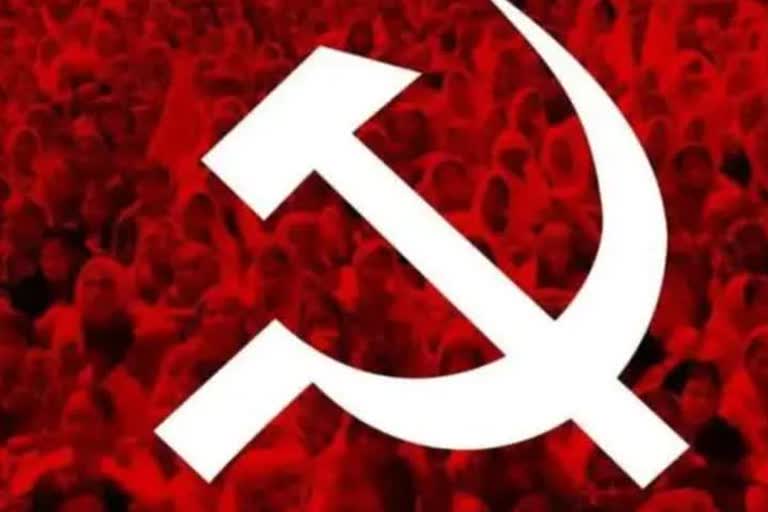Chandigarh: After weakening in the South, the sun of the Left parties CPI and CPM have been set in the North Indian state of Punjab. With the advent of the materialist age, the communist leaders have abandoned their ideology and moved to other parties, some have given up politics and the rest are struggling to maintain the existence of the party.
In the Punjab Assembly elections, this time too both the Left parties are all set to contest some of the 117 Assembly seats in Punjab. The Left parties which played a leading role in the farmers’ movement have also been neglected by the farmer leaders, who have been contesting the Punjab Assembly election. For 20 years, the CPI and the CPM have failed to send a single MLA to the Punjab Assembly. Most of the candidates from both parties have not even been able to save their security deposits in the elections.
Although, both the Left parties, CPI and CPM, have been contesting in every assembly election in Punjab, but the golden period for both was the post-emergency Punjab Assembly elections which were held in 1977 when the CPI contested from 18 seats and won 7 seats while the CPM contested 8 seats and won all 8 seats. The Assembly elections held in 1957 in undivided Punjab were better for the CPI when it had won 6 seats, but its vote bank in Punjab was 13.56 percent. Not a single candidate from the Left has won in the three Assembly elections since 2007. In the 2017 Punjab Assembly elections, the CPI's vote share in the state came down to 0.22 percent and the CPM's vote bank has shrunk to 0.07 percent.
Also read:Punjab Polls 2022: Filing of nomination papers begins
The tragedy of both the parties was that due to the infighting and not changing with time, people were disassociating from both the parties. In the 2002 Punjab Assembly elections, two CPI candidates Nathu Ram, from Malout and Gurjant Singh Kuttiwal from Bathinda Rural constituency won with the support of the Congress and later both joined Congress. In the past, Akali Dal founder Parkash Singh Badal's home area - Gidderbaha - was dominated by communists and the late comrade Chiranji Lal Dheer was considered a major threat against the Badal family. It was said that Badal did not allow to establish any big industry in the Gidderbaha constituency so as not to create red flag workers. Circumstances changed and Comrade Dheer's son Advocate Ashok Dheer left the Communist Party and joined the Akali Dal. There were many communist leaders in Punjab who left the party and joined Akali Dal, Aam Aadmi Party or Congress.
In the era of terrorism in Punjab, it was the Communist leaders who kept on agitating against Khalistan and terrorism. As a result, many Communist leaders were killed in terrorist attacks. But the graph of the Communist vote bank in Punjab began to fall after Operation Blue Star and the assassination of former PM Indira Gandhi. The demand for more rights and in some other cases the ideology of the comrade leaders differed from that of the people of Punjab. That is why the tendency of the youth was towards Sikh organizations instead of the Left parties. In the 1985 Punjab Assembly elections, the CPI's and CPM dropped to 4.44 and 1.92 percent, respectively.
